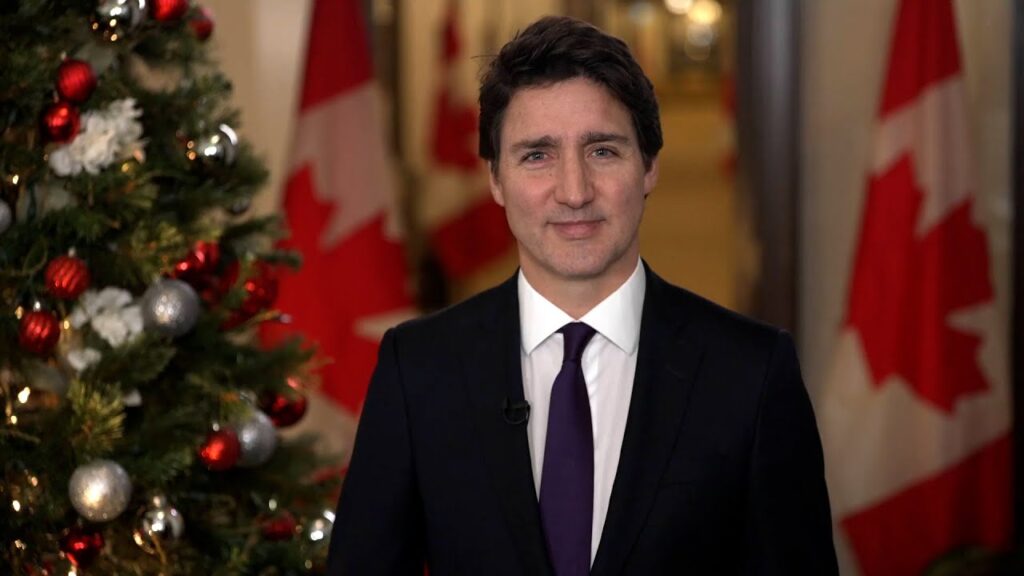UPDATE: After posting this, I realized that the idea that climate denial is ideological, rather than corporate driven, is also the explicit and central argument of Oreskes and Conway, Merchants of Doubt. There was no intention to slight them–it’s just that I’d read Dunlap and McCright more recently, so their work was at the front of my mind. I’ve added a reference below, and my apologies to Oreskes and Conway.
Recently, I’ve been reading some research by Riley Dunlap, a sociologist at Oklahoma State University who collaborates frequently with Aaron McCright, another sociologist at Michigan State. Together, they’ve done penetrating work on the right wing resistance to climate change science in the US, and in particular, on the role of conservative think tanks in driving this resistance.
In a series of 2010 papers, however, I’m detecting a theme that runs contrary to what many often assume about the driving forces of climate denial. It is this: McCright & Dunlap argue that while corporate interests may once have seemed front-and-center in spurring resistance to climate science, at this point it’s becoming increasingly apparent that ideological motivations are actually the primary motivator. Or as they put it: “conservative movement opposition to climate science and policy has a firm ideological base that supersedes the obvious desire for corporate funding.”
Time was when defending climate research was all about finding out which conservative think tanks were being funded by Exxon Mobil. Or more recently, by the Koch brothers. And there’s certainly a lot of special interest influence out there. But McCright and Dunlap argue that we should focus on the power of conservative, free market and anti-regulatory ideology first and foremost. In other words, the corporate funding, when it occurs, may be more a symptom of what’s going on than the root cause.
Why? Well, first, Dunlap and McCright note that “conservative think tanks increased their opposition to climate science and the IPCC, even as major portions of industry were reducing theirs.” And I don’t think there’s any denying it: Corporate views on climate change have grown considerably more diverse, with many leading companies, like General Electric, now calling for cutting greenhouse gas emissions. Just look at what happened yesterday: The CEO of Royal Dutch Shell called for climate action because the “clock is ticking.”
Meanwhile, right wing resistance has gotten increasingly shrill, especially after “ClimateGate,” and attacks on climate scientists have only grown more vicious.
A second leg of the argument takes an international focus: Climate denial, say McCright and Dunlap, seems to thrive in nations that “have or have had conservative governments and in which conservative think tanks are firmly planted.” That would include the U.S., UK, Canada, Australia, and Denmark. And then their third argument is to look at “skeptic” scientists: While this isn’t uniformly true, they tend to be political conservatives. Indeed, Naomi Oreskes and Eric Conway have written that “market fundamentalism” underlies the ideology of the scientists they discuss in their book Merchants of Doubt, like Frederick Seitz.
If McCright and Dunlap are right, there are some important implications. One would be that the continuing growth in the clean energy industry may drive a wedge between business interests on the one hand, and political conservatives on the other.
And the other is that no matter how pragmatically corporate leaders behave on this issue, free market ideologues may nevertheless continue to block action—whether or not it’s good for the economy, or for business.
References:
Oreskes and Conway, Merchants of Doubt: How a Handful of Scientists Obscured the Truth on Issues from Tobacco Smoke to Global Warming, New York: Bloomsbury, 2010.
Dunlap, Riley E. and Aaron M. McCright. 2010. “Climate Change Denial: Sources, Actors and Strategies.” Pp. 240-259 in Constance Lever-Tracy (ed.), Routledge Handbook of Climate Change and Society. London: Routledge.
McCright, Aaron M. and Riley E. Dunlap. 2010. ”Anti-Reflexivity: The American Conservative Movement‘s Success in Undermining Climate Science and Policy.” Theory, Culture and Society (2-3) 26:100-133.
Subscribe to our newsletter
Stay up to date with DeSmog news and alerts







